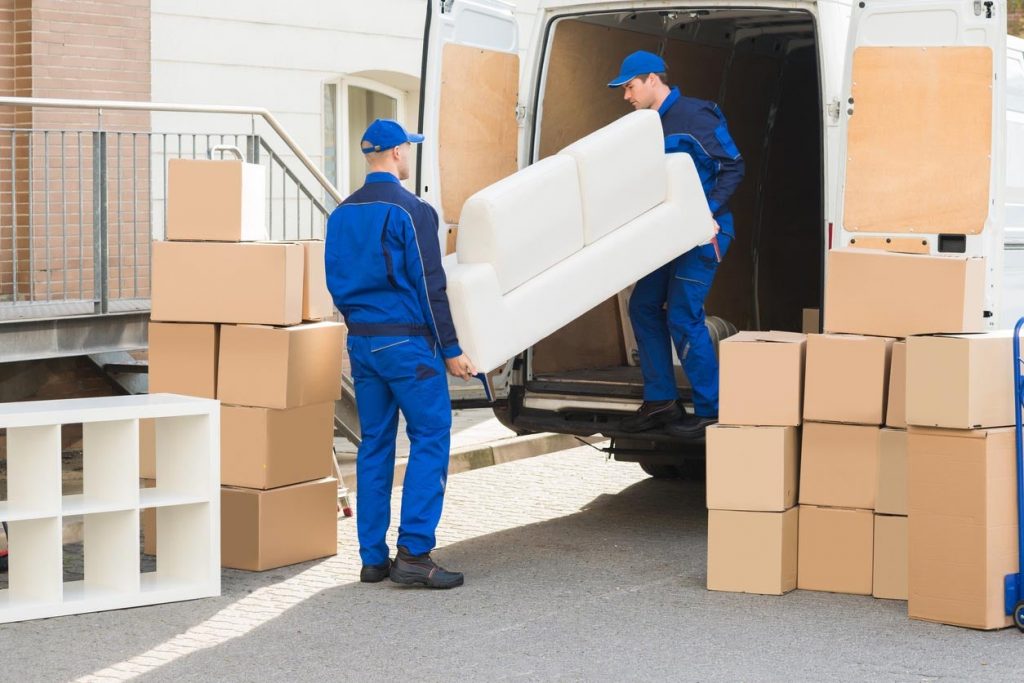1. Plan Ahead
Long distance moves are a major life event, and the best way to make sure yours goes smoothly is to make sure you plan ahead. Reach out to moving companies in your area about 3 months before you are planning on moving. Especially in the summertime movers reach capacity, and by planning ahead you won’t have to worry about finding a mover at the last minute.
2. Get In-Home Moving Estimates
If a company you are speaking with does not want to perform an in-home survey, be wary. You may be dealing with a move broker instead of an actual long distance movers company. Brokers just book your business and then contract your move out to a physical mover in your area, usually the mover willing to do your move for the cheapest. This can cause problems for you down the road because you have an extra middle man to deal with and likely are not working with the highest quality mover. It is a good idea to do a Google Earth search of your mover to verify they have a physical location and moving truck
3. Research Moving Companies
Not all moving companies are created equal. It is a good idea to do some research about your mover to make sure they are a high quality company.
For long distance moves it is also usually a good idea to move with a large established van line, like United Van Lines or Mayflower Transit. These van lines have significantly higher hauling capacities than a mom-and-pop mover would, and so they are much more likely to be able to get a well-trained moving crew to your house on move day.
4. Downsize
With a long distance move, the cost of your move is going to be based on the weight of the items you ship. The more you ship, the more you will end up paying. It is usually a good idea to take the time to go through your belongings and decide what you still use and what you can get rid of. Consider holding a garage sale before your move or donating unneeded items to the Salvation Army. Also take a moment to consider if you will no longer need certain items at your new home. If you are moving from Michigan to Florida, you most likely don’t need to move your snow blower, and you can probably donate that box of old sweaters as well.
5. Know Your Rights
One of the most important decision you need to make is in regards to valuation. Movers are required to provide compensation for items that are damaged or lost during transportation, but the amount of compensation they are required to offer varies significantly. Released valuation protection, which comes included in every move, only holds the moving company liable for $0.60/lb. of each item, so if a 30 lb. item is damaged you would only be compensated $18. Full valuation protection fully covers your items from moving damage, but you pay an additional fee for the increased coverage. With full valuation protection the mover will repair or replace any item that is damaged during the move. Ask your mover questions about valuation so that you know you are making the best decision for yourself.
Follow these tips and your long distance move will be a success! If you would like a quote for your move, please reach out Corrigan Moving Systems. Our talented team would be happy to assist you.


